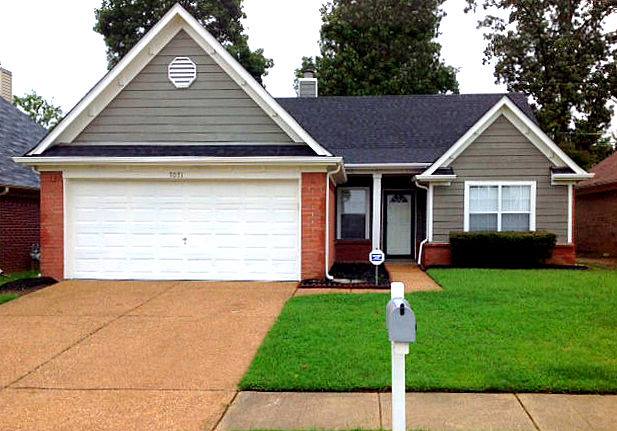
Typically, the real estate investment business isn’t considered “dangerous.” There’s a level of risk involved in any investment of course, but every investor knows that going in. As an investor, however, you also have to look out for your physical safety as well as that of those who work with you — property managers, tenants and real estate agents. While no one wants to believe something bad could happen on your property, the possibilities are there.
The best you can do is keep yourself aware of your surroundings and keep in mind a few safety tips that are applicable to real estate investors, property managers, tenants and real estate agents.
None of us want to live in fear, but with recent events in Little Rock, and other similar incidents over the years, it’s important to cultivate a system that will keep you and those in the business safe.
6 Safety Tips for Those in Real Estate Investment
Always let someone know where you’ll be.
It’s vital to have someone else looped in on your schedule. If you have an office, make sure they know where you’re going. When looking at a property you want to purchase, for example, it’s vital that you keep others aware of your location and when you expect to return. While official listings can usually, be wary of properties on Craigslist. Sure, it might all work out fine, but there are more than enough scams going around that you have to exercise extra caution.
Keep a means of communication.
Keep your phone charged and on your person at all times. Should there be a situation, it could be your only means of contact with someone who could help. If you have a smartphone, consider apps like bSafe, which can send your GPS coordinates to a set list of contacts in case of emergency, share your location generally, stage a fake escape call and more. Having a means of communication, whether you’re showing a property or going to see one yourself, is key to your safety. Don’t leave yourself stranded.
Have an exit strategy.
While any investor needs an exit strategy in terms of investments, it’s also true physically. When you’re on a property, be aware of all exits and possible escape routes in case of trouble. The last thing you want is to end up trapped in a small space with someone who means you harm. When showing a property, orient yourself towards the client at all times, rather than turning your back. When being shown, avoid areas of the property that could be dangerous — dark stairwells or rooms in which the exit can be blocked.
Don’t go alone.
If a property is being shown to anyone — to you as a potential buyer or someone to rent or buy from you — bring someone else along. Everything is safer in numbers and someone with ill-intentions is much less likely to try to harm you when there’s someone else present. Even if you’re just bringing a trusted friend, colleague or co-worker, the extra person in the room can be a great deterrent. Even if no one means you harm, it’s worth taking the precaution for your own safety. If your property manager is showing a property to prospective tenants, be sure they have back-up as well.
If a private showing has been arranged, be sure to have met the other person and have their name and basic contact information before agreeing to show the property.
Trust your instincts.
If something seems off, something probably is. Always trust your instincts. Don’t listen to the little voice that tells you you’re just being paranoid. It’s better to be safe and over-cautious than to stay in a dangerous situation. If you feel you are in danger, don’t hesitate to call 911.
Familiarize yourself with self-defense.
Not everyone is comfortable with carrying a weapon and there are varied laws about what you can and cannot carry on your person. Be sure to know your local laws, even where self-defense products like pepper spray are concerned. Brush up on basic self-defense moves for getting away from an assailant or temporarily disabling them. You can even look into alternative self-defense weapons, such as keychains, tactical pens and flashlights and even Monkey Fist keychains. We hope you never have to use any self-defense techniques or devices while you’re on the job, but having them at the ready could save your life.
When in the real estate investment business, we have to take steps to mitigate our risk — and that may mean being extra-cautious. Be safe!
Now these mistakes are not centered on physical safety, but more fiscal safety! Catch our short video on the 11 Mistakes To Avoid In Real Estate from a fiscal point of view. Grab a pen and paper and be ready to jot some notes!












